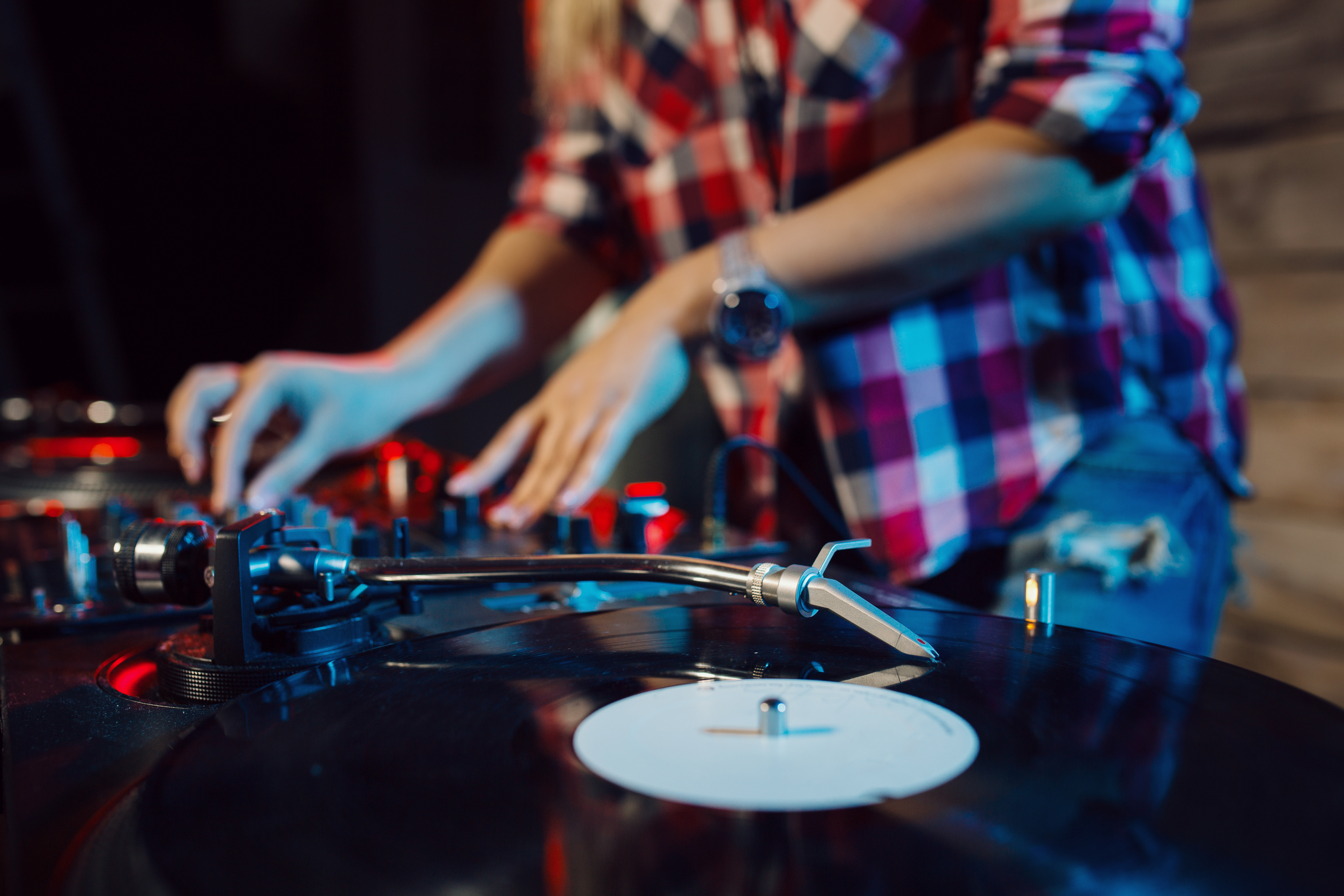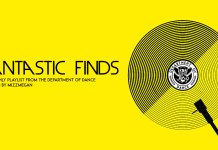Welcome to Women in EDM, a new monthly feature for 2017 from The Department of Dance. With this series, we’re doing things differently than what’s been said on this topic before. We understand that women are not the norm in EDM—but in the spirit of leaps and bounds, we’re jumping over the hurdles and hitting the ground running anyway.
“Even though I knew I could mix, I never thought I could make a career out of it until I saw Smokin’ Jo. It took me seeing her to give me the confidence I needed.” –Lottie
We could throw out a bunch of statistics on how women are drastically underrepresented in electronic music, such a 2015 analysis that only 9% of electronic music is produced by women.
We could call out that DJ Mag has at most given three slots of its Top 100 DJs to women in any given year.
We could also point out that these ultra-low participation numbers are closely related to the fact that in the U.S., women comprise 48% of the workforce, but only 24% of workers in STEM fields (which is associated with electronic music production).
But we’re not doing that in 2017. We’re not downplaying women’s achievements, contributions, and capabilities in favor of the struggle story.
“How long are we going to be breaking through? We’ve been breaking through for 30 years.” -The Black Madonna
We could talk about how women are left out of the record sales conversation, as evidenced by Forbes’ 2015 article of “electronic cash kings” or Billboard’s “14 Most Powerful Artists in Dance Music,” containing of course 0 women (also, 13 of 14 men are white).
We could talk about how because of “sellability,” the women, racial minority and LGBTQ inclusiveness of Chicago house and the underground counterculture has been overridden in recent years by the mainstream EDM explosion, catering predominantly male, white artists to a mostly male, white audience.
We could talk about how this story is so old that contemporary DJs like Alison Wonderland despise commenting on gender out of concern that it will make them a novelty rather than a viable, profitable act.
But we’re not doing that in 2017. We’re not buying the idea that our perspectives don’t create value or have merit on their own, regardless of gender.
“I’m so over this debate about being a woman in dance music.” -Heidi
We could scream about how women’s bodies are constantly objectified in the music industry to serve the point of view of a man, rather than to empower women’s artistic expressions of themselves.
We could go on a tirade about how some male DJs are allowed to be condescending jerks about their female collaborators, fans, and backup performers.
We could ask interviewees the hollow, unoriginal question too many journalists can’t seem to get over: “What’s it like being a woman doing what you do?”
But we’re not doing that in 2017. Nope. Instead, we’re not endorsing or creating content that treats us like objects or talks down to us like children.
“…And they were like, ‘Fuck that girl. She doesn’t even know how to DJ. She’s only gotten there because of the way she looks.” –DJ Tatiana
We could critique the topless “DJ” that gets paraded behind the decks to increase a club owner’s profit margin or polls that rank women DJs by hotness.
We could acknowledge the hater who comments, “She’s too pretty to actually know how to do that,” or the sound guy that assumes the attractive woman with headphones doesn’t know her equipment.
But we’re not doing that in 2017. We’re not letting beauty be promoted over talent, or dismiss talent because of beauty.
“At the end of the day the music that you make has no gender, no color.” -Nicole Moudaber
But here’s what else we’re not doing in 2017. We’re not being silenced. We’re not going away. Because we are doing the damn thing. We are making it normal. And we are here to make some noise.
Ash Cash Dillon is a legit word nerd with a killer bass face and a love of all that is stone cold groovy. You can find her writing all over the interwebs, business world, and take-out menus via sharpie vandalism.





